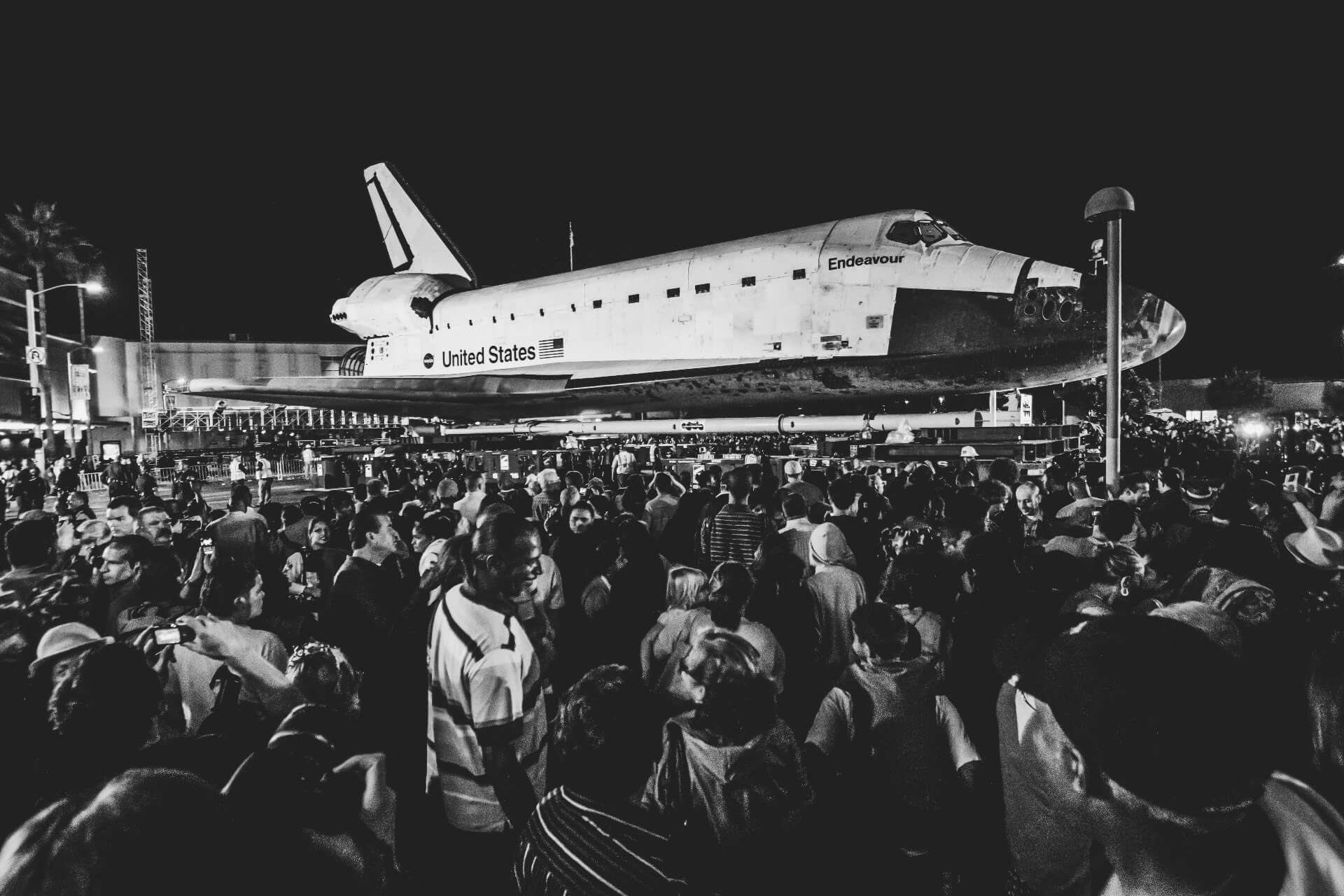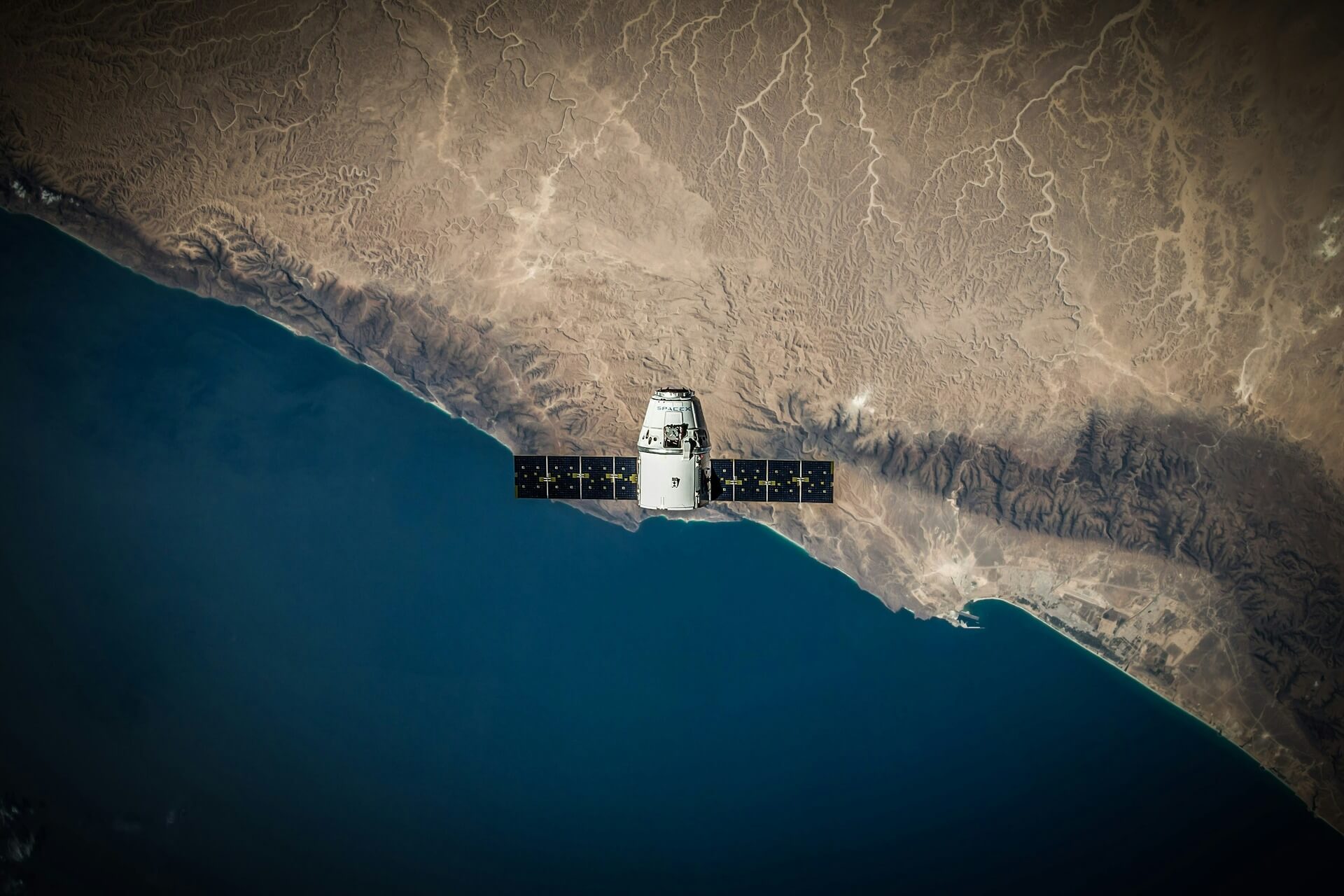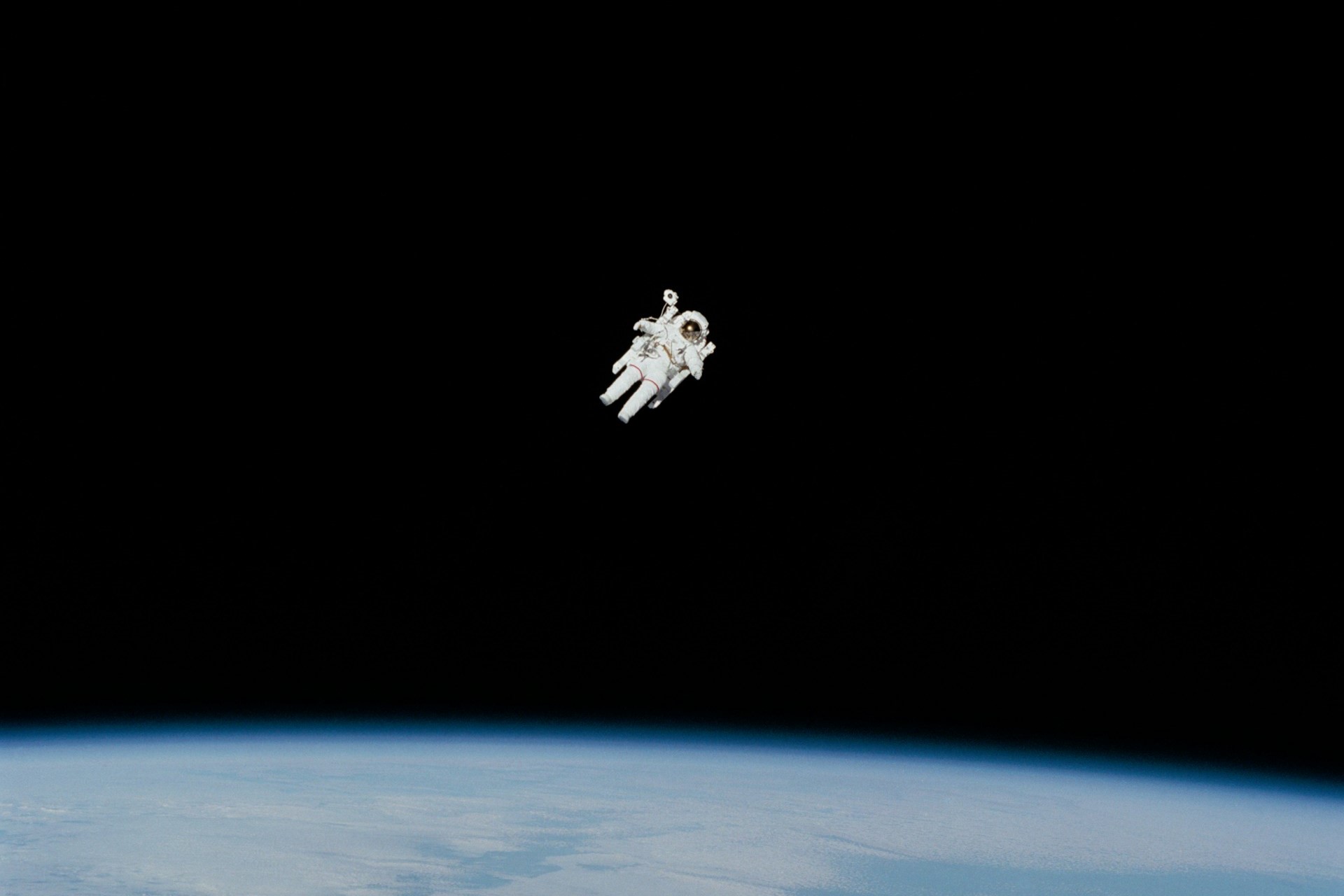
Will Space Tourism Be a Consideration for Your Next Vacation?
December 10, 2024 - Emily Newton
Revolutionized is reader-supported. When you buy through links on our site, we may earn an affiliate commission. Learn more here.
In the past, people never expected airplanes to become an accessible form of leisure travel. Could this mindset be changing for the modern age? Will you be able to buy a ticket for a rocket ship like you can a plane? Utterings of up-and-coming space tourism might be the next investment for luxury thrill seekers. How possible is this right now? What are the implications of the commercialization of leisurely space travel?
What Is Space Tourism?
Space tourism is traveling to space for recreation. Some have traveled to contribute in research, too, but were not officially contracted to do so. This has caused some contention over the term “space tourist” when “commercial astronaut” may be more accurate and appropriate.
While this sounds like an idea only found in science fiction, it is closer to reality than you may think. In fact, a handful of individuals throughout history have already participated in orbital, suborbital and other types of space exploration for fun since humans first landed on the Moon.
What is considered space? Records on space tourism use the Kármán line as the edge of space, though it is not the gold standard by all experts. This estimates around 330,000 feet above average sea level.
The first recognized space tourist was Dennis Tito in 2001. He paid the equivalent of $20 million for a seat on the ISS EP-1 mission. The Soyuz TM-32 and 31 were responsible for shipping him safely while he spent eight days in space.
Fast forward over two decades, and some of the most prominent names in tech have headed tours into space or been to space themselves. Jeff Besoz, the CEO of Amazon, has been. Notable organizations, like SpaceX, Blue Origin and Virgin Galactic are committing to making space tourism a reality.
When Will Space Tourism Reach the Public?
In short, as you could’ve guessed, space tourism is happening now. Efforts are ramping up to send more people to space for fun.
In late October 2024, a Chinese company sold its first space tourism tickets to the public. They sold out instantly, which isn’t impressive considering there were only two up for grabs. They were only $140,000 a piece and the flights won’t happen until 2027. The ticket earned the buyers a 12-minute journey up to the Kármán line. While this is revolutionary, especially since the company owns a mildly reusable rocket, civilians have still been shooting into the heavens for years by this point. However, it was exclusive for wealthy individuals if you were not a trained astronaut.
Blue Origin has also made strides in commercial spaceflight. It recently certified another capsule meant for tourism-exclusive flights. The ship touted near technologies, including enhanced lidar. The company aims to expand capacity so they can meet anticipated demand. Experts in the industry may feel confused by this motivation, when the rollout plan for tourism-based operations will still remain a prohibitive activity for the majority of the planet.
Some argue SpaceX is the largest contender in the market. It has the first private spacewalk already logged in the books, and it wants to achieve $100,000 tickets by putting 100 people on a $10 million launch. This historic trip for the Polaris Dawn’s passengers leads many to question the near future of space tourism.
The first question is price. There is no way space travel for leisure will ever become a reasonable vacation option for most of humanity. It will be a luxury for the rich only. While the pros and cons of space tourism are many — for each side of the debate — the concept is still alienating.
A Pew-led survey discovered 42% of Americans would probably or definitely orbit the Earth in a spacecraft. Many cite the view as the biggest draw, while learning more about the planet is another motivator. Young generations are more likely to commit, which hints at a trend. Interest in space is growing with the youth. This may lead to greater interest in the future.
What Are the Implications of Space Tourism?
Rockets and other spacecraft have an undeniable environmental impact, though their adverse effects are often dismissed in lieu of the importance of space exploration. This is why commercial spaceflight is more ethically murky than exploration in pursuit of knowledge.
Launches are resource- and energy-intensive, contributing to air and ground pollution, to name a few. Research began as early as 2010, when scientists did simulations to visualize the environmental damage 1,000 lanches would cause. Black carbon was one of the biggest worries, and predictions suggested the poles would warm almost 2 degrees Fahrenheit and ozone cover would suffer.
Apart from the obvious environmental implications are immense safety concerns. Obviously, all travel has inherent danger. This changes depending on where you go — a beach varies widely to an uninhabited desert. However, space still poses countless unknowns. Its exploration history requires astronauts to undergo long, intensive training. How are tourists expected to adopt this same standard?
This is where discussions of regulation and insurance come into play. The rise in space tourism will catalyze standardization to keep humans safe, despite giving any form of consent when purchasing a ticket. Insurance companies will face a never-before-seen territory. Most companies insure satellites exclusively, but now they will have to write up frameworks for humans. There is a lack of data to inform experts in the insurance sector at this point, despite it being a growing urgency.
Renting Rooms in Space Hotels
While renting a hotel room on the International Space Station, Mars or the Moon is out of the realm of possibility for the majority of humans, there are companies willing to send those who can afford it to the deep unknown. It is unlikely space tourism will be as accessible as a beach trip is for the average household.
However, it’s impossible to tell. As technology advances and investments in space tourism funnel in, prices may regulate to be more accessible, while still prohibitive. What matters is controlling safety and hype to preserve the planet we have before we focus too much on the stars.
Revolutionized is reader-supported. When you buy through links on our site, we may earn an affiliate commission. Learn more here.
Author
Emily Newton
Emily Newton is a technology and industrial journalist and the Editor in Chief of Revolutionized. She manages the sites publishing schedule, SEO optimization and content strategy. Emily enjoys writing and researching articles about how technology is changing every industry. When she isn't working, Emily enjoys playing video games or curling up with a good book.







